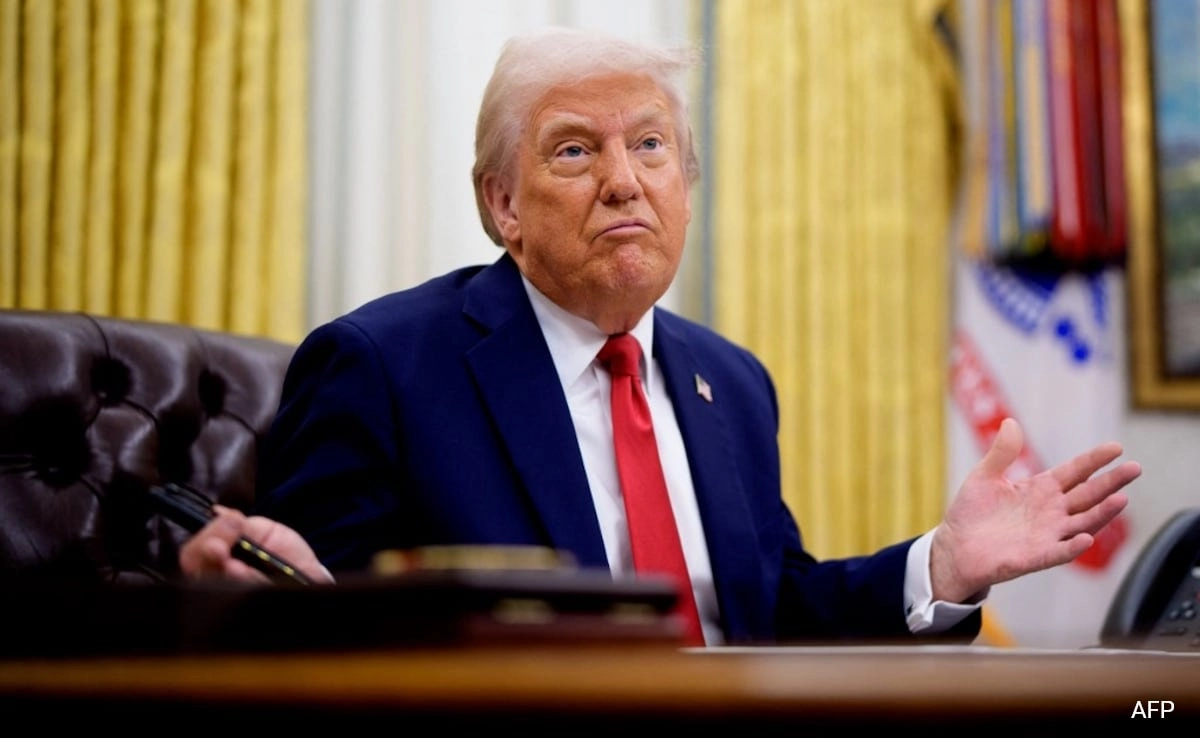In a surprising turn of events, the geopolitical landscape surrounding Greenland has taken center stage as the United States has asserted its interest in the autonomous territory. The U.S. has long recognized Greenland’s strategic significance, especially in light of its vast natural resources and geopolitical location between North America and Europe. Recent discussions have hinted at a growing sentiment among Greenland’s population regarding their relationship with Denmark, the country that has maintained sovereignty over the island. Reports suggest that a notable portion of the Greenlandic populace is increasingly vocal about their desire for greater autonomy, if not complete independence. This sentiment has led to speculation that the U.S. might capitalize on these feelings to enhance its influence in the region.
The assertion that “Greenland does not want to be part of Denmark” reflects a deeper, evolving narrative about national identity and self-determination. Many Greenlanders feel that their cultural identity and local governance are overshadowed by Danish authority. This has sparked debates about the future of Greenland and its relationship with Denmark, raising questions about the potential for increased U.S. involvement. Historical precedents, such as former President Donald Trump’s interest in purchasing Greenland, have further fueled discussions on the island’s future and its place on the international stage.
Moreover, the strategic implications of a shift in Greenland’s governance cannot be overstated. With the Arctic region becoming a focal point of international interest due to climate change and resource exploration, Greenland’s position becomes increasingly pivotal. The U.S. is not alone in recognizing this; other nations, including China and Russia, are also eyeing the Arctic for its untapped resources and new shipping routes. As Greenland navigates its path, the involvement of external powers like the U.S. could reshape its political landscape and influence its quest for autonomy.
In conclusion, the dialogue surrounding Greenland’s future is reflective of broader themes of independence, geopolitical strategy, and the dynamics of international relations. As the U.S. seeks to establish a foothold in an area of growing importance, the voices of Greenlanders advocating for self-determination will undoubtedly play a crucial role in shaping the island’s destiny. The current discourse not only highlights the complexities of colonial legacies but also underscores the aspirations of a people poised to redefine their identity in the face of evolving global interests.




